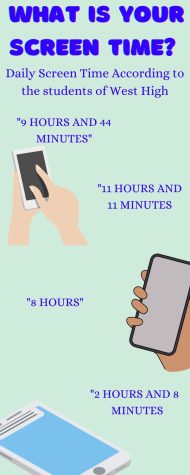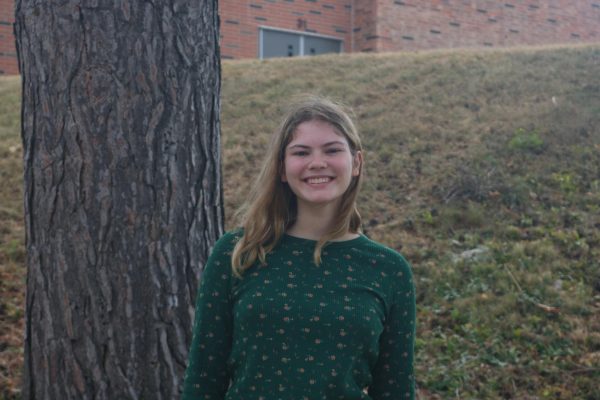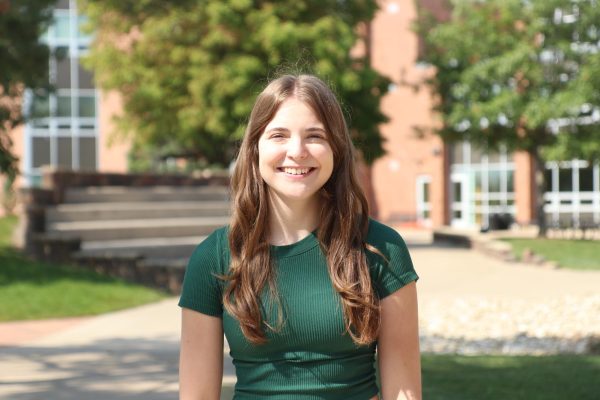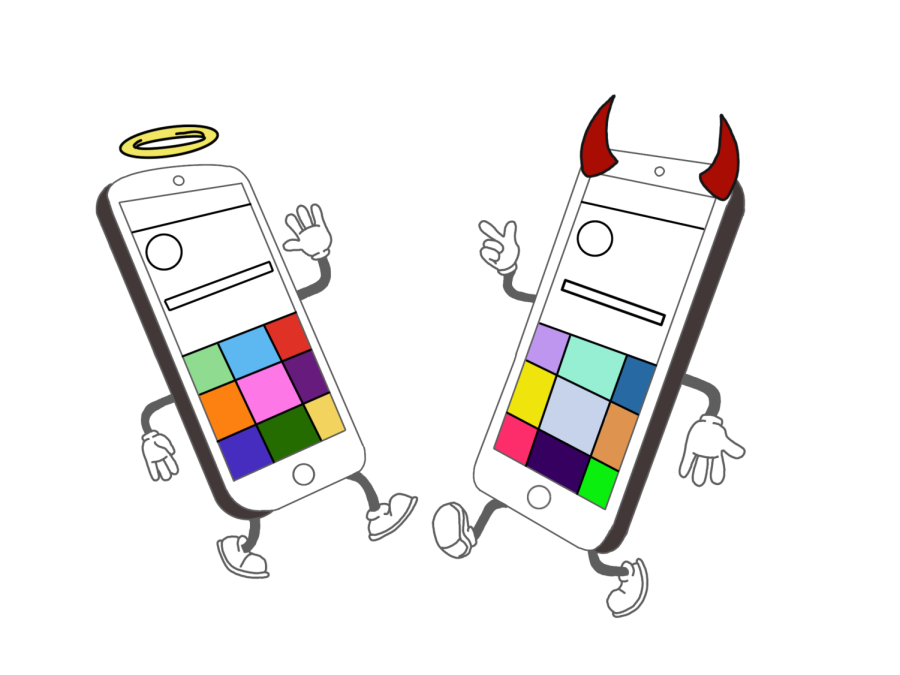Anti-Social Media: How the digital age is affecting human connection
Social media communication is changing the way we form friendships permanently.
Teenagers have an increased dependency on social media to connect.
Forming a relationship with someone is certainly a special moment. It can be minuscule, like a class friend, or can be something major, like a lifelong friendship. Connecting with someone on a human level is part of what makes us human. What drives these relationships? The creation of social media has influenced how humans interact, especially when it comes to teenage friendships. The halls of West High are no stranger to rumors and rocky friendships thanks to social media and its influence. Back in 2005, soon after Facebook got its start, the WSS published a feature on Facebook, pointing out the advantages of social media and reconciling with your friends. Three years later, the first opinion column on the negative use of Facebook, analyzing how coaches and school sports teams were using it as surveillance, was published. This quick switch in dynamics set the stage for decades of long debates on whether or not social media is a positive or negative platform for teens.
Flash forward almost 20 years later, and now teenagers are gravitating toward the popular social media app Instagram. It’s an app that connects many people together and is a vital source of communication for most teenagers. However, once you deep dive into that platform, the friendly app became corrupted and had begun to perceive people in a false light. The number of followers a person has causes them to be perceived as a person with numerous friends, but in actuality, only a fraction of them are authentic. This questions the authenticity of “friends.”
Picture this, stadiums are filled with numerous rambunctious, hyped-up fans. These groups of people add up to a total of 1,000 people— your Instagram account could have that exact same amount. Put that quantity of people into perspective: how many of those people do you actually have a connection with? Day after day, followers roll in because of similar interests in hobbies, lifestyles, etc. These similar interests can unite people. The question is: do the people with 1,000 followers view their followers as friendships and genuine connections or is it a mere representation of their popularity?
It is understandable that young teenagers have begun to rely on social media in order to maintain friendships and create ones as well. Partly to the fact that many teens have spent one year of life completely online during school. There was low interaction and a decrease in reaching out in person and having that eye-to-eye, in the flesh interaction due to the risk of catching COVID-19. This created a tough situation for many teenagers because they could not return to their previous habits of seeing friends seven hours, five days a week at school. With the platform Zoom, as well, there was little to no way of finding actual connections because of that lack of face-to-face communication. When communicating in person, you can see their facial expressions, read their body language, and have a chance to take in their personality. Without this form of communication, there is an element of loneliness, which leads to dependence on social media for relationships.
One of the new opportunities with social media is that you can have a relationship with anyone in the world. The ability to communicate on a much larger scale is monumental. But there is a level of genuineness that is lacking in social media communication. What is a relationship defined as on the internet? Liking posts, following each other mutually, commenting cute little compliments about each other. How far does that relationship extend?
Does the amount of followers and likes on an Instagram post give the same satisfaction as a conversation in real life? Is it worth it to have a relationship with someone just to have the benefits of online popularity? Is the label of friendship being twisted into someone who follows, someone who likes, someone who comments? These questions sum up the reality of 2023 and how friendships could be continued in the future. There is nothing particularly wrong or bad about this form of communication. We’ve had to adapt to the post-pandemic online-dependent world. In a more significant picture sense, giving little bits of validation in the form of liking and following is the main ticket of declaring a bond between two people.
Is this how we’re spending “the best years of our lives,” consumed by the whirlwind of social media and unsure of the true definition of a friendship? Social media is groundbreaking but at the same time, it’s having a permanent impact on the development of connections.

Your donation will support the student journalists of West High School. Your contribution will allow us to purchase Scholarship Yearbooks, newsroom equipment and cover our annual website hosting costs.

(she/her) Tessa is a senior this year and this is her 3rd year on staff. She is the profiles editor and one of the social media editors. She loves reality...

Ashlyn is a senior and she is the Online Editor-in-Chief. When she's not in the newsroom, you can find her binge-watching any 2000s tv show, curled up...



